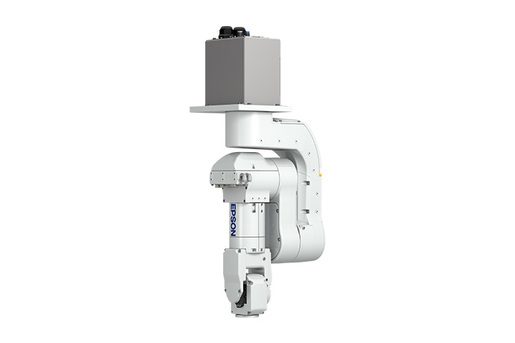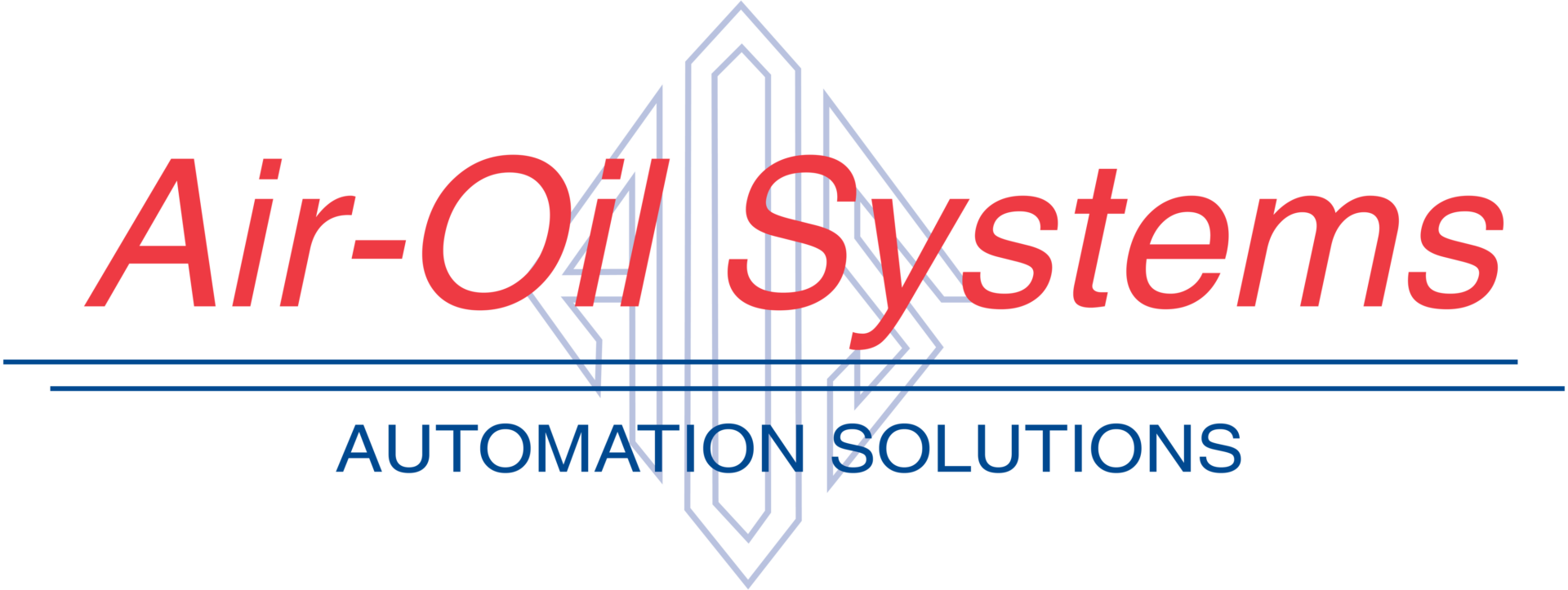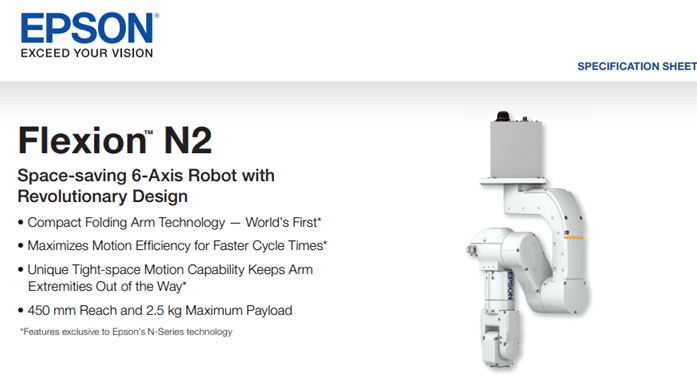N Series by EPSON Robots

Manufacturer: Epson 6-axis Robots
Small Footprint - Maximum Motion Efficiency
- New compact folding arm technology - world's first 1
- Maximizes motion efficiency for faster cycle times1
- Unique tight space motion capability keeps arm extremities out of the way1
- 450mm reach and 2.5 Kg maximum payload
A revolutionary new addition to Epson’s 6-Axis robot lineup, the Flexion N2 stands tall in a class of its own. Featuring patented compact folding arm technology, this innovative robot offers significant advantages in efficiency of motion and workcell space reduction. With the ability to operate in a tight space, the Flexion N2 can be utilized in production lines that traditional 6-Axis robots cannot. Designed with a smart new kinematic configuration, Epson’s Flexion N-Series robots, beginning with the Flexion N2, are redefining the 6-Axis robot category.
How Do We Do It?
The compact arm of the Flexion N2 has the unique ability to fold through itself, versus moving around itself. This reduces the number of intermediate points and shortens cycle times. Due to its intelligent design, the Flexion N2 reduces required workspace area compared to standard 6-Axis robots.Unique to Epson: Residual Vibration Technology – Most 6-Axis arm manufacturers have to add size to get the rigidity required for reasonable arm performance. Epson has a unique Residual Vibration Technology that allows our slimline arms to produce outstanding speed, precision, accel/decel rates and much more. Reducing vibration is the key to high performance, and our Residual Vibration Technology using Epson QMEMS sensors helps significantly reduce vibration through detecting and canceling vibration. As with our C4 and C8 Series 6-Axis robots, Epson Flexion N2 6-Axis robots also include Epson's proprietary residual vibration technology for best in class motion performance.
Industries We Serve
Offering high precision in a small size with a unique configuration, the Flexion N2 is ideal for a diverse group of applications and industries. Especially relevant are:
- Electronics – Product assembly of small electronic parts
- Automotive – Assembly of car parts
- Medical – Assembly of medical devices and lab automation
- Consumer Products – Assembly of small parts
Literature


